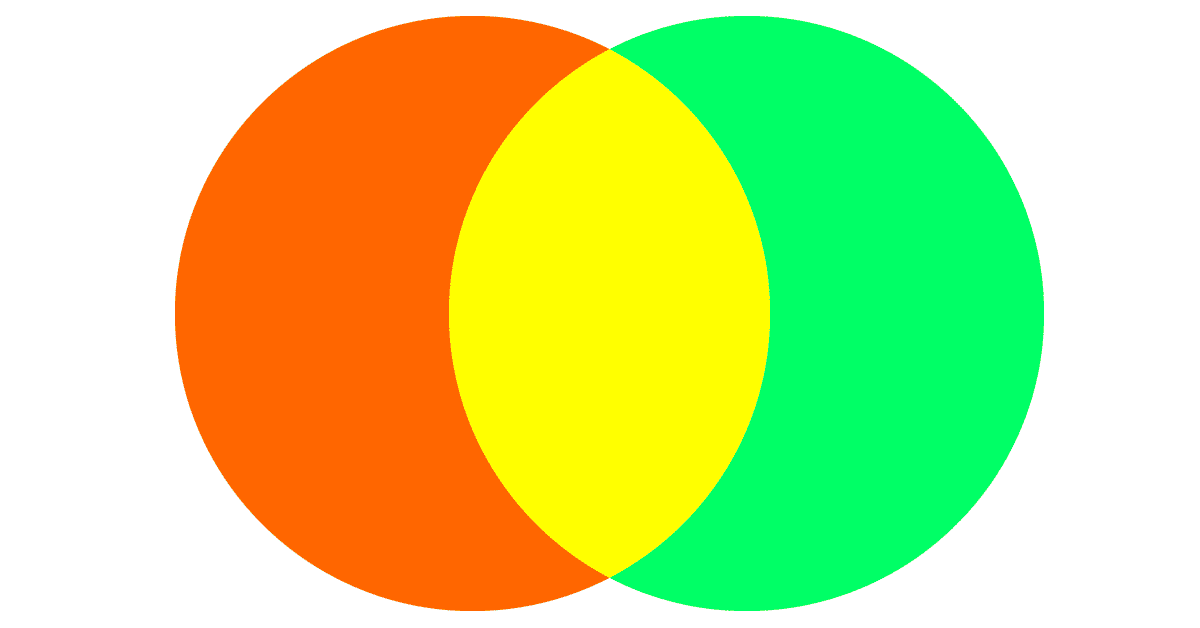
Werner Villa is a Contract Professor at the Design School of Politecnico di Milano since 2003, teaching Industrial Design, Product Design and Interior Design developing projects through lessons and workshops: from concept to completion, and from modeling to prototyping.
He graduated in Architecture in 1997 and won the XVIII Compasso d’Oro ‐ Young Design Award ADI 1998 with “Pneuma, the dynamic home. Transportable inflatable residential unit “.
Freelancer since 1998, deals with architectural design, interior design, design, space planning, graphic communication and workflow management work.
He is a certified Autodesk teacher, holding lessons and consultancies on computer graphics, especially with Autodesk AutoCAD, Revit and 3ds Max (up to release 2016).
He also organizes workshops on digital fabrication, rapid prototyping and the three‐dimensional printing.
In 2009 he founded, together with a group of professionals, “ART|S elaboratorio creativo”, an art group of design, graphics, painting, photography, sculpture … Group promoter and organizer of exhibitions and seminars.
Master in Eco-Social Design | WS15/16
Design & Digital Fabrication
Subject
Nomadic Eating.
Goals
The course aims to develop a project able to convey a product developed for a society inclined to profound change, especially with regards to a Design driven to consider production through the “new” means available on the market, and willing to take part of the domestic life “out of the buildings walls”
In summary:
1. Learn about materials features used in (new) industrial production: the digital fabrication.
2. Acquire knowledge on prototyping techniques and rapid prototyping.
3. Acquire knowledge and skills on design for manufacturing (requirements analysis, product design, analysis of alternatives, product optimization through CAD / CAE techniques, tooling and production procedures).
4. Design a product that can be expressive of the potential of new technologies and that can allow to define in a complete new way of “nomadic eating “, typical of modern society.
Program
The program includes a discussion of different disciplines, complementary to each other, through:
• study of the (new) design process in light of new digital technologies;
• conducting targeted practical works;
• definition of “nomadic” design object.
In summary:
Nomadicity, Mobilityand Food: behaviors and products
Idea, creativity, project and product: design process in light of new technologies
Models and prototypes for product design
Digital manufacturing. The virtual door on reality
The advantages of subtracting and additive manufacturing
Rapid prototyping for self-manufacturing and industrial production, dedicated or distributed
Rapid prototyping and manufacturing processes
The importance of co-design and FabLab
Copyright and copyleft
The workflow and modeling techniques for 3D printing.
RECOMMENDED READINGS
Francesco Bonami, “Lo potevo fare anch’io”, Arnoldo Mondadori Editore, 2007. Enzo Mari, La valigia senza manico, Bollati Boringhieri editore, 2004.
Bruno Munari, “Da cosa nasce cosa”, Editori Laterza, 1996.
Interesting questions / statements
“The recognition and understanding of the need was the primary condition of the creative act. When people feel they had to express themselves for originality for its own sake, that tends not to be creativity. Only when you get into the problem and the problem becomes clear, can creativity take over.”
Charles Eames
“All the ideas that have enormous consequences are always simple ideas.”
Lev Tolstoj
“Designers are like oxymorons: must be flexible and objective.”
